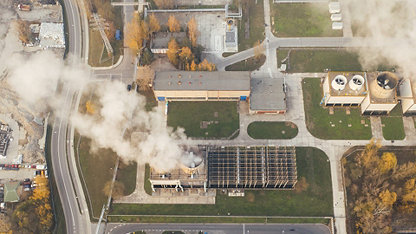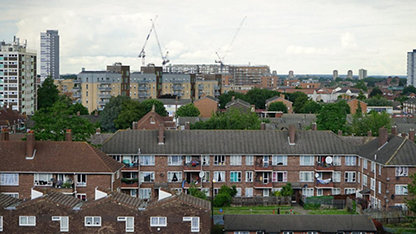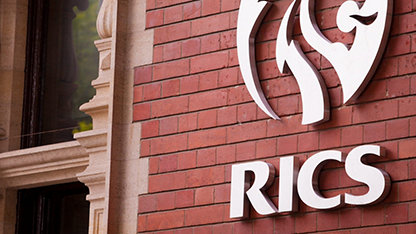Last month's final approval of the EPBD by the Council marks an important step in the decarbonisation of our sector. Despite the significant weakening of its original scope and ambition throughout the legislative process, this final EPBD demonstrates the continued commitment of the EU and its Member States to improving energy efficiency and sustainability in the buildings sector.
This legislation sets the framework for Member States to reduce emissions and energy use in buildings across the EU, for all asset classes. This will help improve people's health and quality of life. The revised Directive sets ambitious targets to reduce the overall energy use of buildings across the EU, considering national specificities. It leaves in Member States' hands which buildings to target and which measures to take.
Each Member State will adopt its national trajectory to reduce the average primary energy use of residential buildings, by 16% by 2030 and 20-22% by 2035. For non-residential buildings, they will need to renovate the 16% worst-performing buildings by 2030 and the 26% worst-performing buildings by 2033. Member States will have the possibility to exempt certain categories of residential and non-residential buildings from these obligations, including historical buildings or holiday homes. Citizens will be supported in their efforts to improve their homes. The Directive requires the establishment of one-stop shops for advice on building renovation and provisions on public and private financing will make renovation more affordable and feasible.
The revised Directive will make ‘zero-emissions' the standard for new buildings. All new residential and non-residential buildings must have zero on-site emissions from fossil fuels, as of 1 January 2028 for publicly-owned buildings and as of 1 January 2030 for all other new buildings, with a possibility for specific exemptions. The strengthened Directive contains new provisions to progressively phase-out fossil fuels from heating in buildings and boost the deployment of solar power installations, taking into account the national circumstances. Member States will also have to ensure that new buildings are ‘solar ready'. Subsidies for the installation of stand-alone boilers powered by fossil fuels will not be allowed as of 1 January 2025. It will also boost the uptake of sustainable mobility thanks to provisions on pre-cabling, recharging points for electric vehicles and bicycle parking spaces.
Better planning of renovations and technical and financial support will be crucial to trigger a Renovation Wave across the EU, and this is foreseen under the revised Directive. To fight energy poverty and bring down energy bills, financing measures will have to incentivise and accompany renovations and be targeted in particular at vulnerable customers and worst-performing buildings, in which a higher share of energy-poor households live.
RICS has been advocating for an ambitious EPBD to foster energy efficiency towards a decarbonised built environment by 2050. Following our work in the past two years, our organisation will continue to contribute to the EPBD at the national level, by supporting our members in understanding the impact of the legislation with the support of our European Sustainability Working group.
Recognising the critical importance of this legislation, we have crafted a comprehensive summary article, encompassing Articles 1 to 22 of the directive, along with an overview of Annexes I, II, III, V, VII, VIII. The summary serves as a valuable resource to support our members in comprehending and implementing the provisions outlined in the EPBD. It offers insights into various aspects of the directive, providing clarity on key topics essential for achieving energy efficiency and sustainability goals in our sector.
Download
Published date: 30 April 2024














